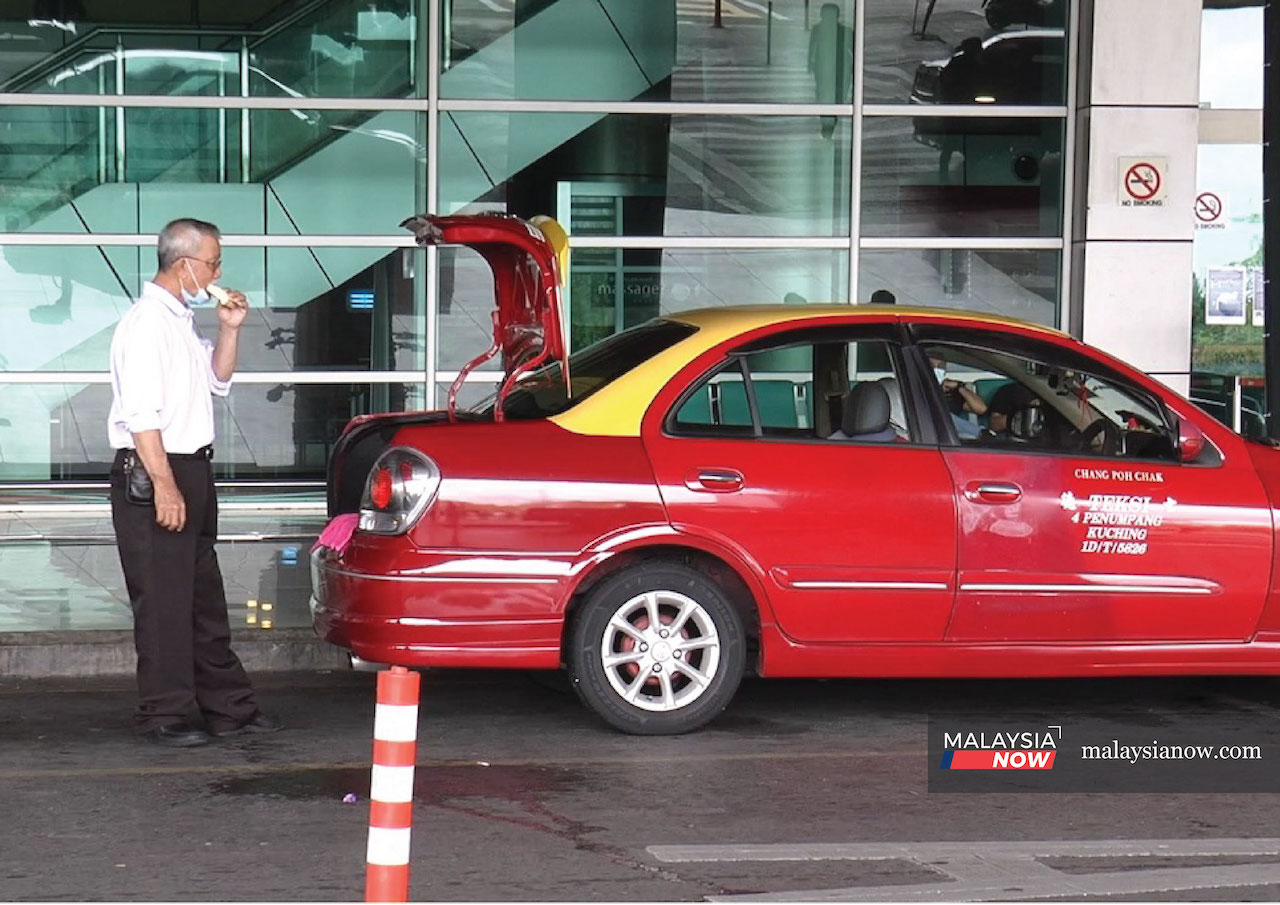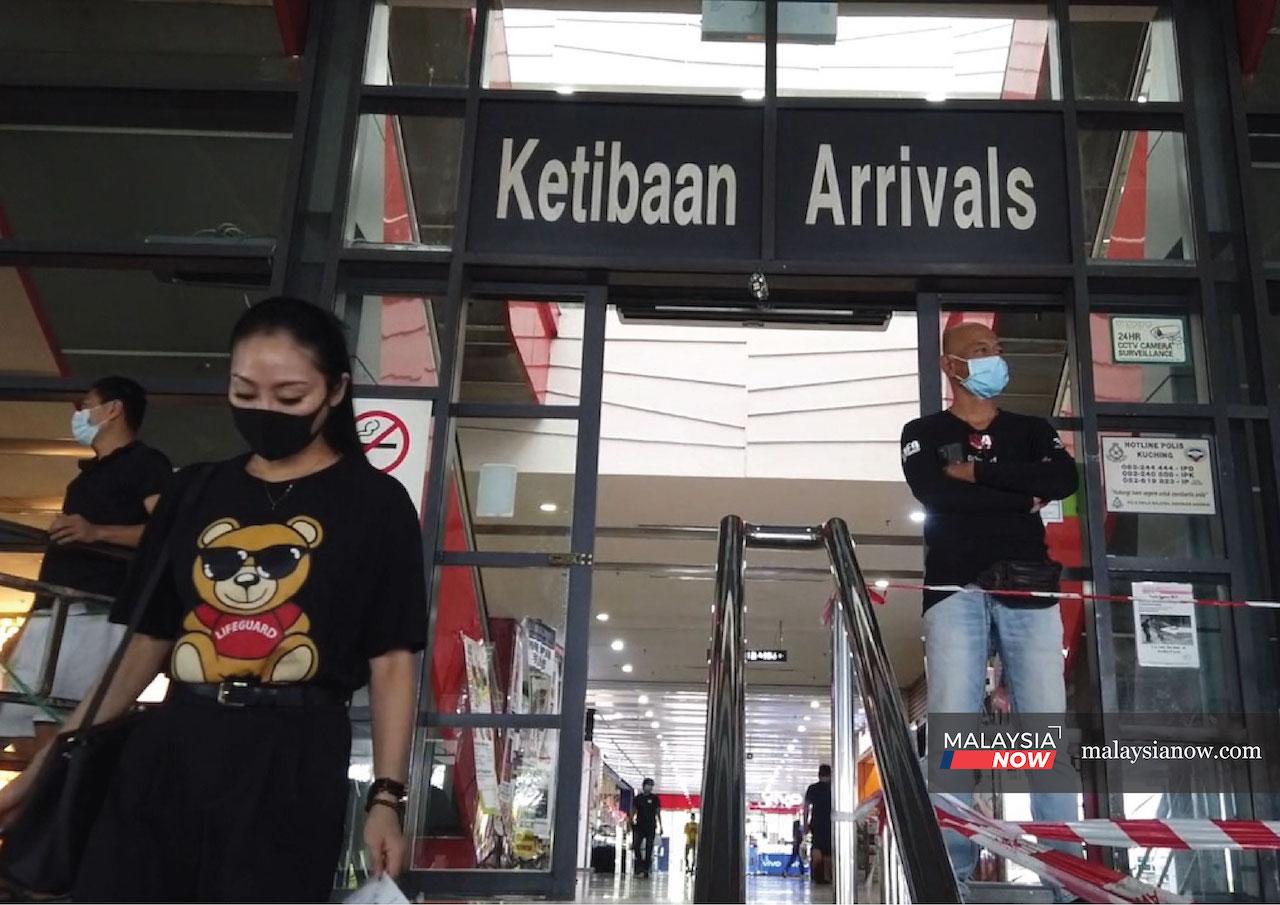Travel ban keeps Sarawak tourism in limbo despite relaxed restrictions
Those in the tourism industry see no hope of recovery until the interstate and interzone travel bans are lifted.
With much of the country now under the conditional if not the recovery phase of the movement control order (MCO), hope is rising for some semblance of economic recovery as daily infection numbers continue hovering below 2,000, a far cry from the nearly 6,000 recorded a little over a month ago.
But tourism players remain pessimistic about their chances of bouncing back any time soon, especially with the ban on interstate travel still firmly in place.
This, for them, is one of the biggest hurdles to recovery.
In Sarawak, the problem is compounded by the ban on inter-district travel which the state government chose to maintain despite the easing of similar restrictions in the peninsula.
Stall hawkers like Khairul Mohd Ali say there will be no hope of recovery until such bans are lifted.
“Honestly, I’m not sure if my business will be able to recover by the end of the year,” Ali, who sells snacks by the roadside at the Kuching Waterfront near the city centre, told MalaysiaNow.
“Before Covid-19, this place was filled with locals and their families who would come here to eat.”
“Honestly, I’m not sure if my business will be able to recover by the end of the year.”
Now, though, the area is largely deserted.
Irene Ak Tila, an assistant at a shop selling Sarawak handicraft, agreed. She said the surge in Covid-19 cases in Sibu had shaken up many businesses like hers as the bulk of their walk-in customers were tourists.
Early this month, the government announced that the four states previously under MCO – Selangor, Kuala Lumpur, Johor and Penang – would join Kedah, Kelantan, Negeri Sembilan, Sarawak and Perak under CMCO.
Melaka, Pahang, Terengganu, Sabah, Putrajaya and Labuan meanwhile would join Perlis under RMCO.

Senior Minister for Security Ismail Sabri Yaakob, who made the announcement, also said inter-district travel would be allowed in all states with the exception of Sabah although the ban on interstate travel would remain.
State Deputy Chief Minister Amar Douglas Uggah later said that Sarawak, too, would maintain its ban on inter-district travel with police permission required for any movement between zones.
Sarawak has also limited the frequency of inbound flights from Sabah and the peninsula as part of its effort to contain the spread of infection in the state.
Those travelling to Sarawak must apply for entry ahead of time and undergo an RT–PCR Covid-19 test three days before flying. Negative test results are only valid for three days.
Norliza Muhamed from Kelantan acknowledged that such precautions are needed to save lives as the pandemic lingers on.
However, she said they would also dampen domestic tourism in Sarawak.
She said the measures had caused an increase in airfare, citing a recent flight in which she had to fork out close to RM1,000 for a one-way ticket from Kuching to Kuala Lumpur.
“Domestic flights for travel between Sarawak and the peninsula are very expensive,” she told MalaysiaNow. “Many flights have been cancelled.”
Before Covid-19 hit, she would book flights back to Kota Bharu. “But now, we have to fly to Kuala Lumpur because of the limitations.”
Taxi driver Chang Poh Chak said he had been struggling to make ends meet due to the lack of tourists entering the state.

Chang, 74, said his daily earnings plunged over the past year to the point where he is now making only RM20 per day.
“I consider myself lucky if I can earn more than RM20 a day,” he said.
As for travel by bus, sales assistant Marina Abdul Kadir said ticket prices were likely to rise as well, as buses can only take half the usual number of passengers.
“This is expected due to the interzone travel restrictions as people now need to obtain travel permits from the police before they can travel to Kuching and vice-versa,” she said.
Subscribe to our newsletter
To be updated with all the latest news and analyses daily.
